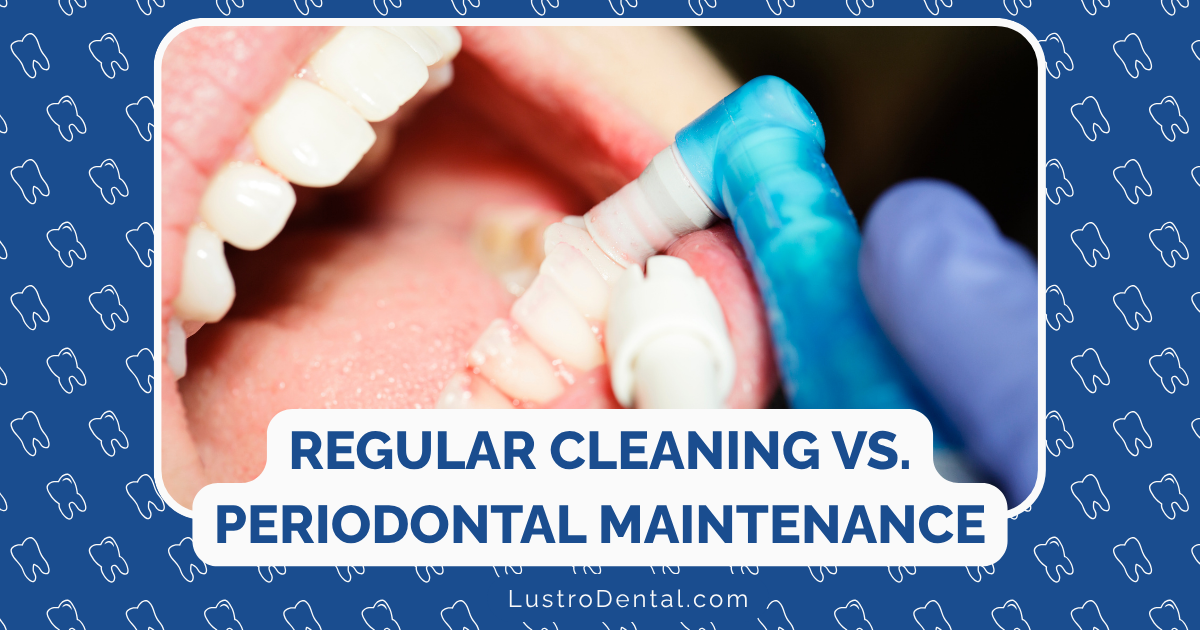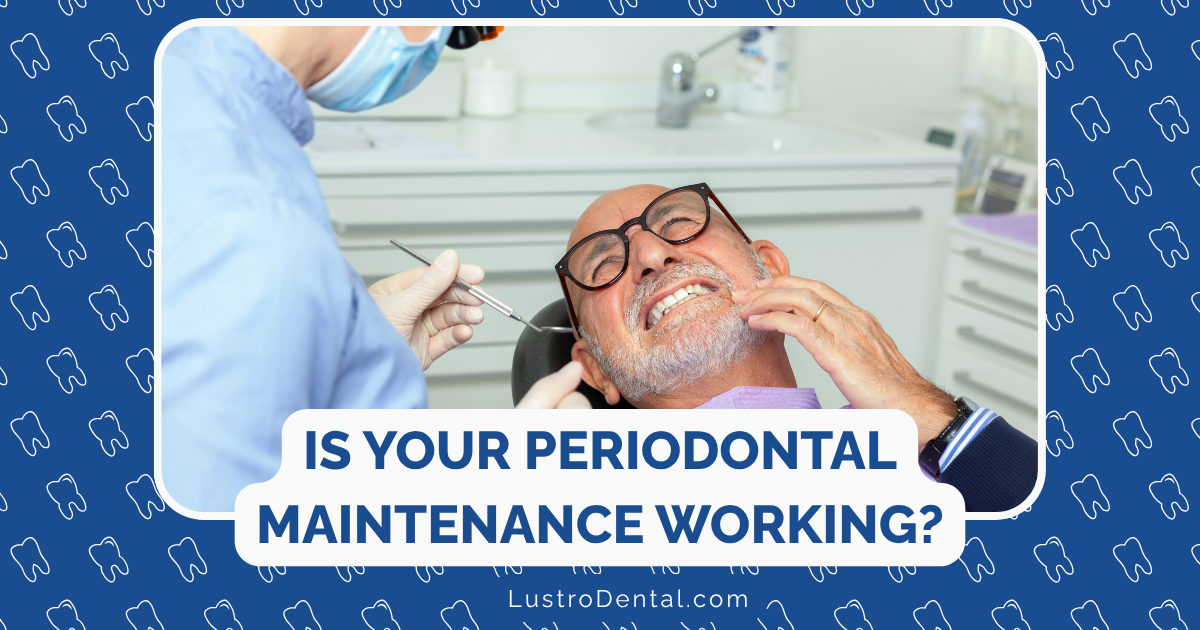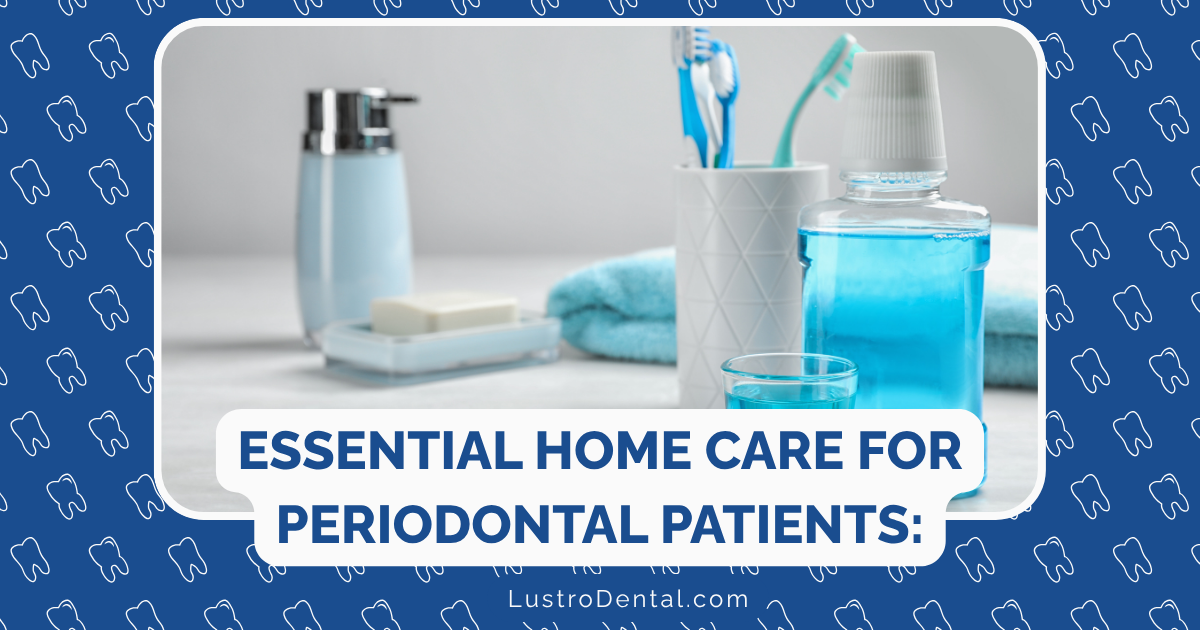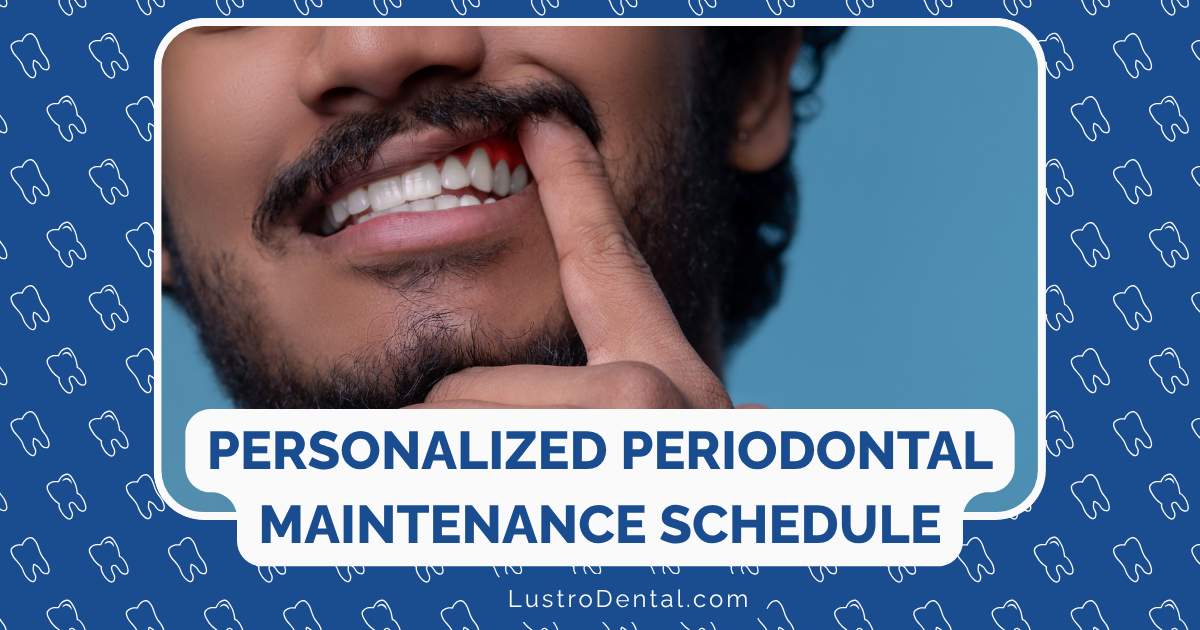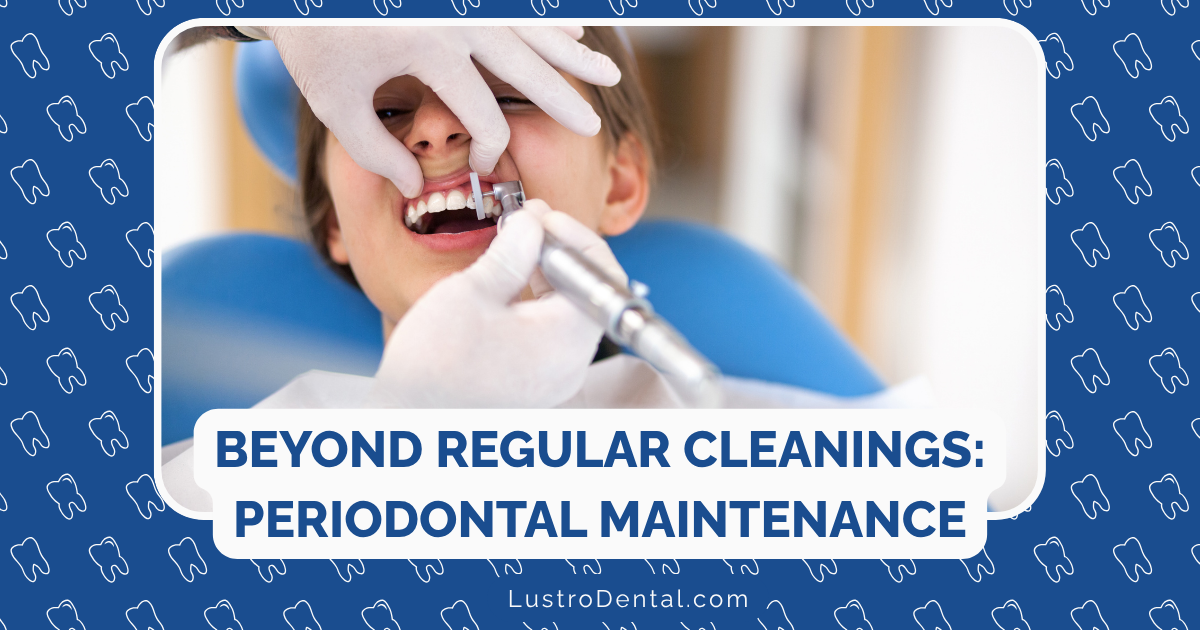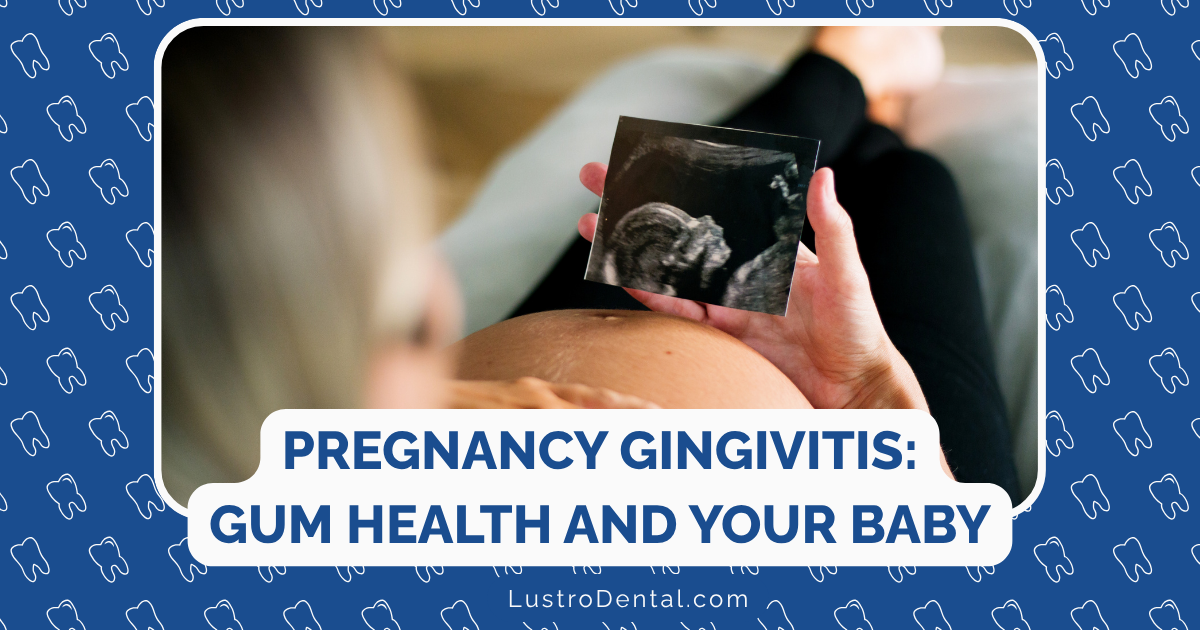Whole-Body Inflammation and Your Mouth: The Surprising Connections
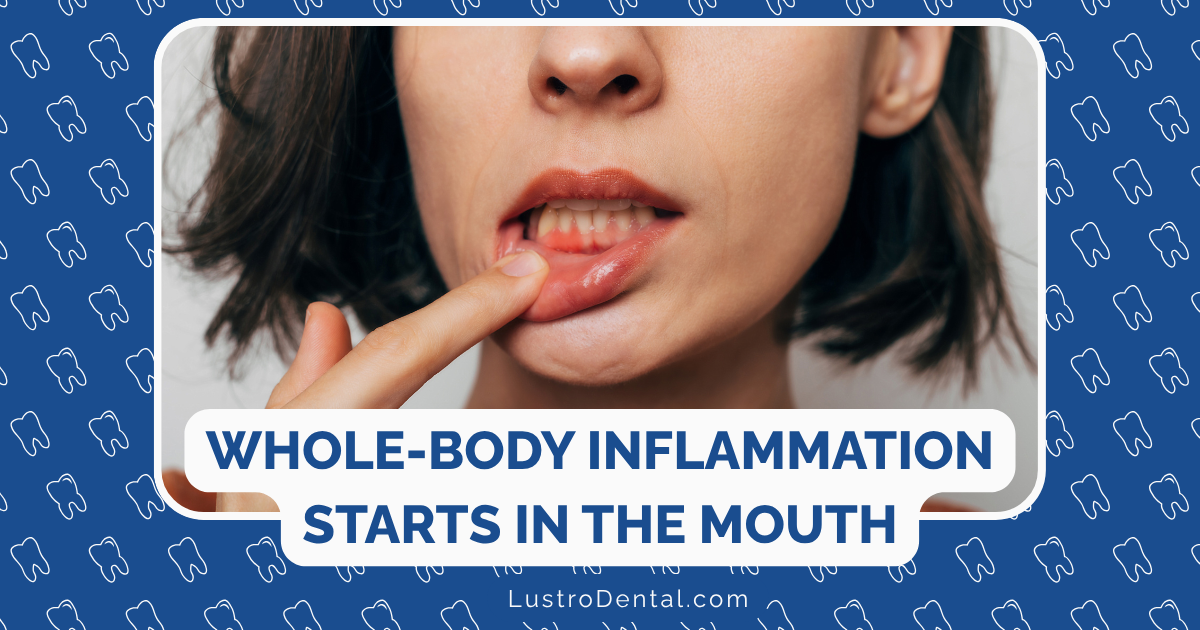
When I talk to my patients about the importance of oral hygiene, I often see a familiar look of polite interest. They know brushing and flossing are important for preventing cavities and keeping their smile bright, but many don’t realize that the health of their mouth could be influencing their entire body.
What happens in your mouth doesn’t stay in your mouth. The connection between oral health and whole-body inflammation represents one of the most fascinating and important developments in our understanding of human health in recent decades.
Let’s explore how the bacteria in your mouth might be silently influencing everything from your heart to your brain, and what you can do to protect yourself.
The Mouth: Your Body’s First Line of Defense
Your mouth is more than just the gateway to your digestive system—it’s home to one of the most complex microbial communities in your entire body. The human oral microbiome contains over 700 species of bacteria, fungi, and viruses, making it second only to your gut in microbial diversity.
Dr. Maria Dominguez, microbiologist at Harvard School of Dental Medicine, explains: “The oral cavity is essentially an ecosystem. In health, these diverse microorganisms exist in a delicate balance, helping to protect against pathogens and supporting immune function. But when this balance is disrupted—what we call dysbiosis—trouble can begin.”
This disruption doesn’t just lead to cavities or gum disease; it can trigger a cascade of inflammatory responses that extend far beyond your mouth.
How Oral Bacteria Trigger Systemic Inflammation
The link between oral health and systemic inflammation involves several pathways:
1. The Direct Invasion Pathway
Certain oral bacteria, particularly those associated with periodontal (gum) disease, can enter your bloodstream through inflamed or bleeding gum tissue. Once in circulation, these bacteria can travel throughout your body.
A 2025 study published in Nature Microbiology found that approximately 45% of participants had overlapping oral and gut microbiota, suggesting significant bacterial migration between these environments.
The primary culprits include:
- Porphyromonas gingivalis: A key periodontal pathogen that can invade blood vessel walls
- Fusobacterium nucleatum: Associated with both periodontal disease and colorectal cancer
- Treponema denticola: A spiral-shaped bacterium that can penetrate tissues
These bacteria don’t need to establish infections in distant organs to cause problems—their mere presence can trigger inflammatory responses throughout your body.
2. The Inflammatory Mediator Pathway
Even without direct bacterial invasion, the local inflammation in your gums can have far-reaching effects.
When your immune system battles oral bacteria, it releases inflammatory mediators called cytokines. These include:
- Interleukin-1 (IL-1): Promotes fever and activates other immune cells
- Interleukin-6 (IL-6): Stimulates acute-phase protein production in the liver
- Tumor Necrosis Factor-alpha (TNF-α): Regulates immune cells and induces inflammation
These inflammatory molecules don’t stay confined to your mouth—they enter your bloodstream and can trigger or exacerbate inflammation throughout your body.
3. The Immune Response Pathway
Chronic exposure to oral bacteria can alter your immune system’s behavior, potentially leading to inappropriate or exaggerated responses.
Research published in Frontiers in Microbiology in 2022 demonstrated that oral microbes can influence the balance of immune cells, particularly T-helper (Th17) cells and regulatory T cells (Tregs), which play crucial roles in autoimmune and inflammatory conditions.
4. The Oral-Gut Axis
Perhaps most surprising is the emerging understanding of the oral-gut axis. Bacteria from your mouth can travel to your intestines, altering your gut microbiome and potentially triggering intestinal inflammation.
A 2025 study in the National Library of Medicine found that oral pathogens can significantly alter gut microbiome composition, with downstream effects on systemic inflammation and metabolic disorders.
The Systemic Impact: Conditions Linked to Oral Inflammation
The consequences of these inflammatory pathways extend to numerous health conditions:
Cardiovascular Disease
The connection between periodontal disease and heart health is one of the most well-established oral-systemic links:
- People with periodontal disease have a 25% increased risk of coronary heart disease
- Oral bacteria have been found in atherosclerotic plaques
- Treatment of periodontal disease has been shown to improve endothelial function and reduce inflammation markers associated with cardiovascular risk
Dr. James Wilson, cardiologist at Mayo Clinic, notes: “We now consider periodontal health part of the cardiovascular risk assessment. The inflammatory burden from gum disease appears to contribute meaningfully to heart disease risk.”
Diabetes
The relationship between diabetes and periodontal disease is bidirectional:
- Diabetes increases risk for periodontal disease by impairing immune function and blood flow to the gums
- Periodontal disease makes glycemic control more difficult through increased systemic inflammation
- Treatment of periodontal disease has been shown to improve HbA1c levels by approximately 0.4%, a significant improvement comparable to adding a second diabetes medication
Rheumatoid Arthritis
The similarities between periodontal disease and rheumatoid arthritis (RA) are striking:
- Both involve chronic inflammation and tissue destruction
- Specific oral bacteria, like Prevotella intermedia and Tannerella forsythia, are more abundant in patients with RA
- P. gingivalis can modify proteins in a process called citrullination, which may trigger autoimmune responses in genetically susceptible individuals
Alzheimer’s Disease and Neurodegeneration
Perhaps most concerning is the emerging link between oral bacteria and brain health:
- P. gingivalis has been found in the brains of Alzheimer’s patients
- Gingipains (toxic enzymes produced by P. gingivalis) have been detected in 96% of brain samples from Alzheimer’s patients in some studies
- Oral bacteria may contribute to neuroinflammation, a key factor in neurodegenerative diseases
Respiratory Conditions
The mouth-lung connection is particularly relevant:
- Aspiration of oral bacteria can lead to pneumonia, especially in vulnerable populations
- Periodontal treatment has been associated with reduced risk of respiratory infections
- Oral bacteria have been implicated in exacerbations of chronic obstructive pulmonary disease (COPD)
Pregnancy Complications
The inflammatory burden from periodontal disease can affect pregnancy:
- Maternal periodontal disease is associated with increased risk of preterm birth and low birth weight
- Treatment of periodontal disease during pregnancy may reduce these risks
- Inflammatory mediators from periodontal disease can affect placental function
The Inflammation Cycle: How It Perpetuates
What makes this connection particularly concerning is how it can create a self-perpetuating cycle:
- Oral dysbiosis leads to local inflammation
- Local inflammation allows bacteria to enter the bloodstream
- Bacterial dissemination triggers systemic inflammation
- Systemic inflammation can worsen oral dysbiosis by altering immune responses
- The cycle continues, potentially worsening over time
This cycle helps explain why addressing oral health can have such wide-ranging benefits for overall health.
Breaking the Cycle: Practical Steps to Reduce Oral-Systemic Inflammation
The good news is that you can take concrete steps to break this inflammatory cycle:
1. Optimize Your Oral Hygiene Routine
The foundation of preventing oral-systemic inflammation is excellent oral hygiene:
- Brush thoroughly twice daily using a soft-bristled toothbrush and fluoride toothpaste
- Floss daily to remove plaque between teeth where your toothbrush can’t reach
- Consider an antimicrobial mouthwash to reduce bacterial load
- Replace your toothbrush every 3-4 months or sooner if bristles are frayed
- Clean your tongue daily with a tongue scraper or your toothbrush
2. Schedule Regular Dental Visits
Professional care is essential for preventing and managing periodontal disease:
- Get professional cleanings at least twice yearly, or more frequently if recommended by your dentist
- Don’t postpone treatment for dental issues, as they can worsen and potentially affect your systemic health
- Discuss your medical history with your dentist, as certain conditions may require more vigilant oral care
3. Address Modifiable Risk Factors
Several lifestyle factors affect both oral health and systemic inflammation:
- Quit smoking, as it significantly increases risk for periodontal disease and impairs healing
- Limit alcohol consumption, which can contribute to dry mouth and oral dysbiosis
- Manage stress through techniques like meditation, deep breathing, or yoga, as chronic stress can impair immune function
- Control blood sugar if you have diabetes, as high glucose levels promote bacterial growth and impair healing
4. Adopt an Anti-Inflammatory Diet
Your food choices can significantly impact both oral and systemic inflammation:
- Increase consumption of omega-3 fatty acids found in fatty fish, flaxseeds, and walnuts
- Eat plenty of fruits and vegetables rich in antioxidants and polyphenols
- Choose whole grains over refined carbohydrates
- Include fermented foods like yogurt, kefir, and kimchi, which contain beneficial bacteria
- Limit added sugars, which feed harmful oral bacteria and promote inflammation
- Consider green tea, which contains compounds that may reduce oral bacteria and inflammation
5. Consider Targeted Supplementation
Some supplements may help reduce oral-systemic inflammation, though they should complement, not replace, good oral hygiene:
- Vitamin D plays a crucial role in immune function and may help reduce periodontal inflammation
- Coenzyme Q10 has shown promise in some studies for improving gum health
- Omega-3 fatty acids may help reduce gingival inflammation
- Probiotics specifically formulated for oral health are an emerging area of research
Always consult with healthcare providers before starting any supplement regimen.
6. Stay Hydrated
Adequate hydration supports saliva production, which is your mouth’s natural defense system:
- Saliva contains antimicrobial compounds
- It helps neutralize acids produced by bacteria
- It washes away food particles that could feed harmful bacteria
Aim for at least 8 glasses of water daily, and more if you exercise or live in a hot climate.
Emerging Treatments and Research
The field of oral-systemic health is rapidly evolving, with several promising developments:
Targeted Probiotics
Unlike general probiotics, oral-specific probiotic strains are being developed to help restore balance to the oral microbiome. These include beneficial bacteria like Streptococcus salivarius K12 and M18, which may help crowd out pathogenic species.
Photobiomodulation Therapy
According to a 2025 study in the National Library of Medicine, photobiomodulation (PBM)—a non-invasive light therapy—shows promise for modulating both oral and gut microbiomes, potentially reducing inflammation throughout the body.
Precision Diagnostics
Advanced salivary diagnostics are making it possible to identify specific bacterial profiles associated with increased risk for both oral and systemic diseases, potentially allowing for earlier, more targeted interventions.
Immunomodulatory Approaches
Rather than simply targeting bacteria, some emerging treatments aim to modulate the host immune response to reduce excessive inflammation while maintaining protective immunity.
The Integrated Healthcare Approach
Perhaps the most important development is the growing recognition that oral health should be integrated into overall healthcare:
- Medical and dental professionals are increasingly collaborating in patient care
- Insurance companies are beginning to recognize the cost-effectiveness of preventive dental care for reducing medical expenses
- Public health initiatives are emphasizing the importance of oral health for overall wellbeing
Dr. Sarah Johnson, periodontist at University of California, San Francisco, emphasizes: “We’re moving away from the artificial separation between the mouth and the rest of the body. The evidence is clear that oral health is integral to overall health, and our healthcare systems need to reflect this reality.”
The Bottom Line: Your Mouth Matters More Than You Think
The connection between oral health and systemic inflammation represents both a challenge and an opportunity. While poor oral health can contribute to whole-body inflammation and increase risk for numerous conditions, taking care of your mouth can have far-reaching benefits for your overall health.
By understanding these connections and taking proactive steps to maintain optimal oral health, you’re not just protecting your smile—you’re investing in your whole-body wellbeing.
Remember that inflammation is your body’s natural response to injury and infection, but when it becomes chronic and systemic, it can contribute to numerous health problems. Your mouth, as a potential source of this inflammation, deserves your attention and care.
So the next time you reach for your toothbrush, remember: you’re not just cleaning your teeth—you’re potentially protecting your heart, brain, joints, and much more.


